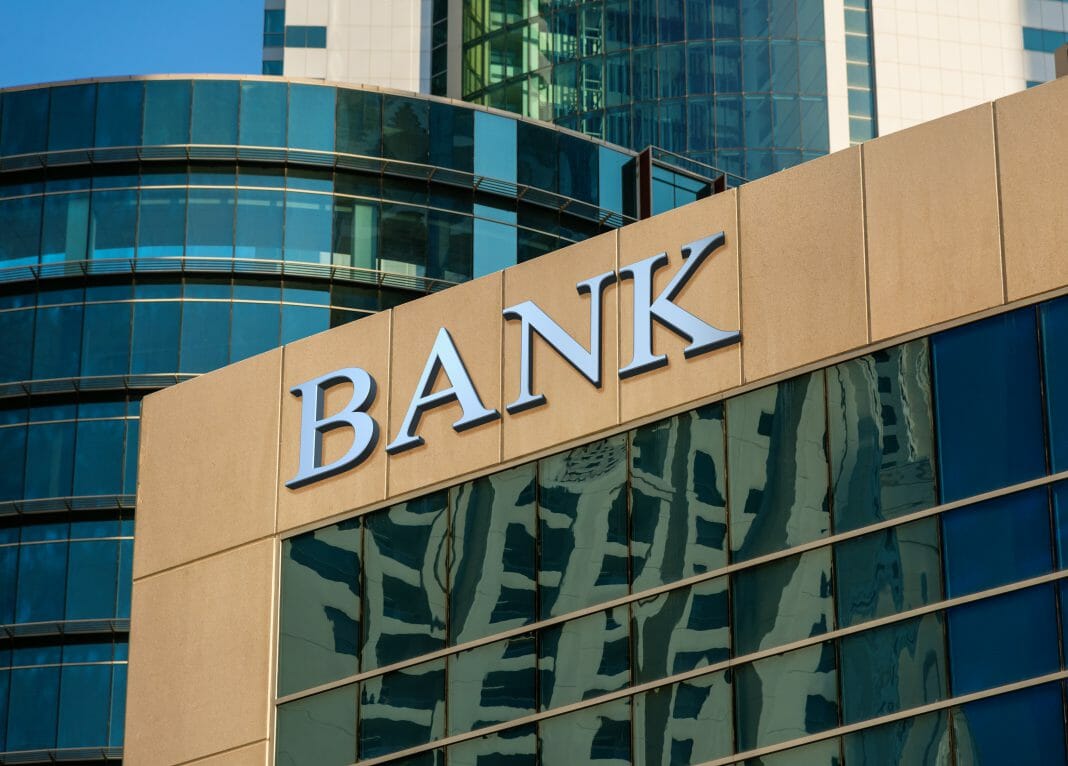Royal Bank of Canada confirmed the acquisition of patents for crypto project, but it does not mean that it is developing a platform for crypto exchange.
The news about the launch of a cryptocurrency that would be issued by the Royal Bank of Canada (RBC), the largest bank in the country, was recently denied by the financial institution. It also refuted that it is not working on a digital currency exchange platform.
Since last week, some news portals echoed the news that the RBC could be developing a platform that would help to exchange cryptocurrencies. The news did not cite official documents issued by the entity and recently representatives of the bank denied that they are creating a similar project.
According to the press releases that were published at that time, the platform that would be created by the institution “would facilitate the purchase and sale of individual digital currencies, including Bitcoin (BTC) and Ether (ETH), as well as the transfer of funds by combining different types of cryptocurrencies”.
When the RBC denied the truthfulness of this news, it asked not to take into account that statement. It commented, in addition, that they are not in plans to launch a similar project.
However, in a recent web interview with a bank representative, it was known that this could be a misinterpretation of the business performed by the institution since the bank has recently acquired some patents on blockchain technology.
“Recent articles in the media have commented on certain patent applications made by the RBC in relation to blockchain technology, and speculated on the applications for these patents”, it said.
The bank also clarified that the acquisition of these patents does not determine that the bank is developing a platform for currency exchange in the short term so a cryptocurrency exchange for RBC customers is far from being fulfilled.
“As part of the innovation and discovery process, the Royal Bank of Canada, like many other organizations, files patent applications to ensure proprietary ideas and concepts are protected”, said the institution.
On other occasions, similar refusals have emerged regarding the implementation of these technologies in world banks. Recently, it was known that the Central Bank of Tunisia (BCT) would be in plans to digitize the country’s official currency through a blockchain platform. Then, the institution flatly denied these reports stating that the plans are “on the table” but have not yet advanced in their possible implementation.
On the other hand, the People’s Bank of China confirmed that it will use a new system that would help certify more than 11 types of hardware and software which are linked to digital payments, and clarified that they must request a license issued by the institution and pass an exam to be accepted in future inspections.
Although the institution denied rumors about the creation of the platform, the purchase of a blockchain patent only ensures that the institution could develop a crypto exchange when the global economic situation requires it.
By María Rodríguez











